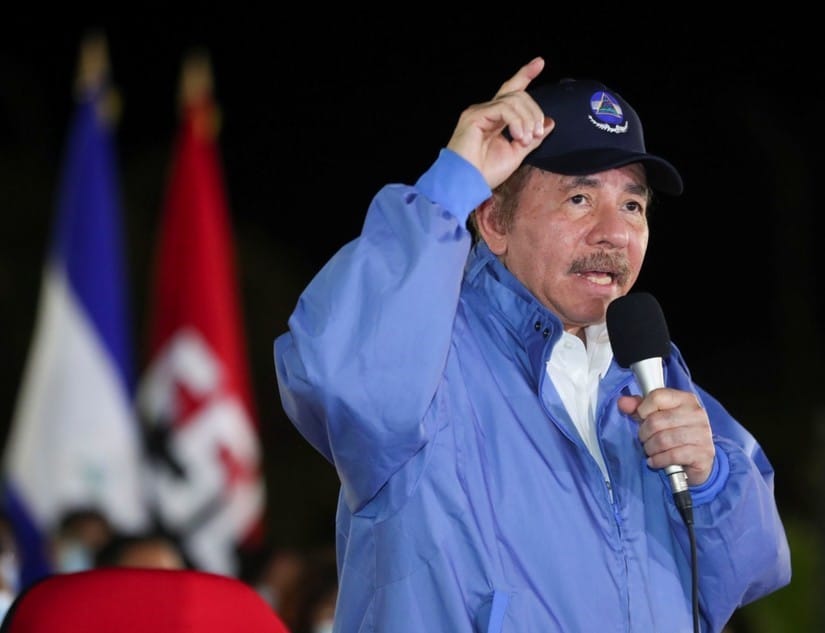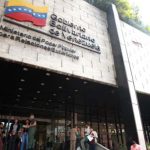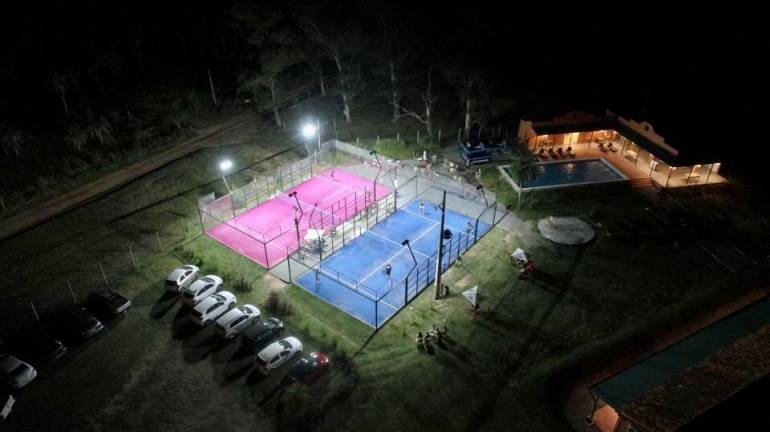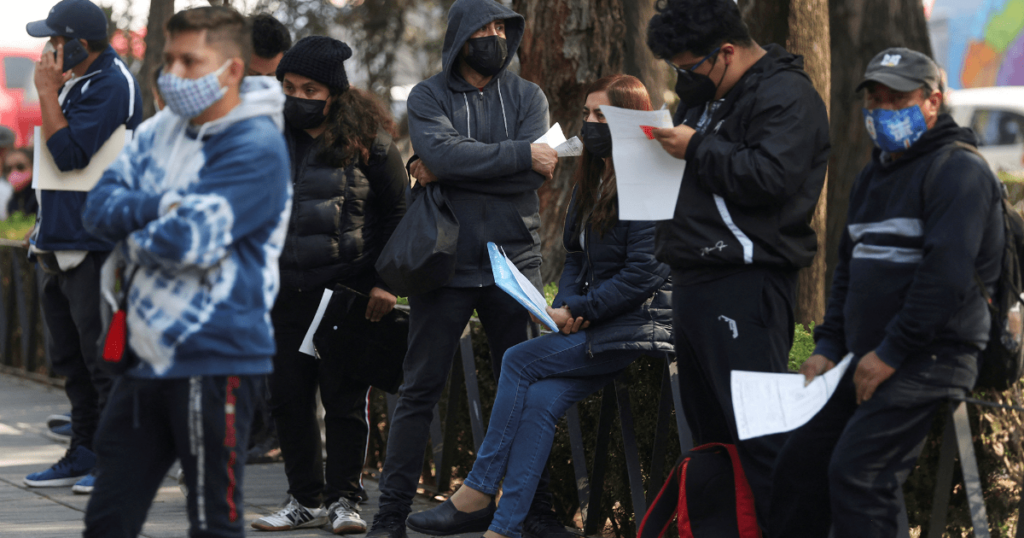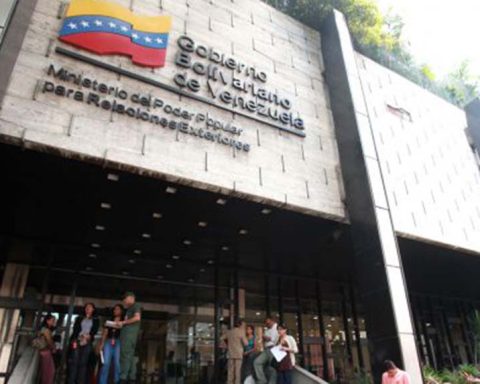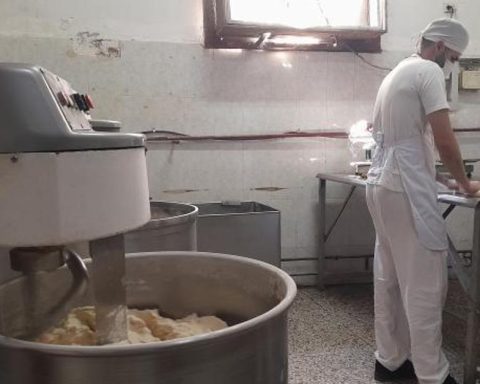The regime of Daniel Ortega used, during the last 15 years, a series of practices to “demolish” freedom of association in Nicaragua, which led to the cancellation of the legal status and registration of at least 115 associations, foundations, political parties and NGOs, concludes an investigation of the Fundación del Río and Popol Na, organizations canceled and confiscated in 2018.
The analysis – “The brutal demolition of the Freedom of Association in Nicaragua”— highlights that among the practices to put an end to associations there are de facto confiscations, absolute closure of administrative channels and police violence, as well as blocking access to justice.
“Freedom of association gradually weakened since 1997 and then the aggressions against Nicaraguan civil society progressively intensified, since the Ortega-Murillo regime took control of the State in 2007, until reaching acts of exponential aggression in retaliation for the massive citizen uprising that began in April 2018,” he says.
23 de facto confiscations
The report details that, of the 115 associations eliminated between 2007 and 2022, 23 were de facto confiscated despite the fact that the Political Constitution of Nicaragua prohibits it in its article 44. The confiscations occurred through the police occupation of their buildings or through actual transfers.
It also highlights that in the cancellation of legal status, the Ministry of the Interior (Migob) “played a crucial role” by refusing to receive the documentation and prefabricating arguments for the National Assembly, controlled by the Sandinista Front, to carry out the massive cancellation of legal status.
“In most cases, they (the Migob) have deliberately prevented the use of administrative channels, by not receiving or answering the reports and communications presented by the associations, by denying them their certifications to operate in the country, by creating a disproportionate load of new requirements”, they underline.
Likewise, they point out that there is a lack of access to justice in the country because the legal appeals presented by the organizations were not answered by the Supreme Court of Justice.
“By outlawing the organizations, the regime seeks to send social leaders committed to the transformation of the country to unemployment, so that they cannot continue to carry out their role. Likewise, it subjects the communities that were previously beneficiaries to remain in conditions of poverty and political submission to the State,” the report adds.
The investigation considers police violence and arrests of opponents as a consequence of the state’s interest in preventing citizens from organizing and defending their rights.
“The people who make up these organizations suffer forced displacement within the country, being forced to hide within the country or go into exile to preserve their freedom and integrity,” comment the researchers, who left the country after the regime’s confiscations.
Four stages of decommissioning
The investigation identifies that between 2007 and the beginning of 2022, the Ortega regime carried out four phases of dismantling freedom of association in Nicaragua.
The first phase occurred from 2007 to 2010 and is replicated “past government speeches to politically control all development funds that came to non-profit organizations, mostly,” they explain. At this stage, the cancellation of two political parties stands out: the Sandinista Renovating Movement (MRS) and the Conservative Party, the latter two years later regained its status.
From 2011 to 2015, they identify a second stage characterized by the repression of social movements. The next stage occurred from 2016 to 2018 and is notable for pressure on non-profit organizations that accompanied the social movements that went out to protest. which triggered the cancellation of nine organizations that were dedicated to the defense of human rights, environmental and indigenous, political, freedom of expression and women’s rights.
The last stage has been executed from 2019 to date. This is characterized by the consolidation of a restrictive legal framework for non-profit organizations to legally justify “the increase in control, monitoring, intimidation and restriction of the work of international organizations present in the country”they detail.
